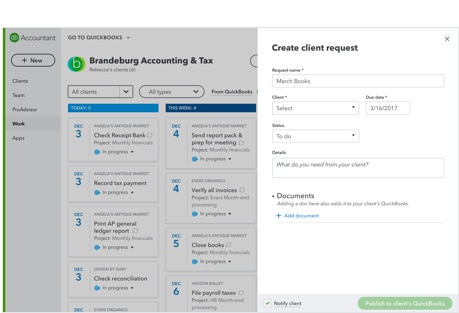
Working in a company will give you the opportunity to be both a manager and a peer. When you are preparing for your transition, you will have access to a lot of experience and knowledge. The transition isn't always smooth, but there are things you can do in order to ease the process.
Communication skills
A key aspect of your career success is to develop communication skills. Communication skills are essential for a manager. It's not easy to communicate expectations and provide guidance to staff. Recent research found that 91% employees feel their managers lack the ability to communicate with them effectively enough to provide effective leadership. Fortunately, it is possible to improve your communication skills if you invest time and effort into learning them.
Before you assume a new role, it is important to learn how to communicate effectively. You should take the time to learn how to deal with your new boss and peers. Developing these skills will help you be more comfortable in your new role and help you build trust and credibility with your colleagues.
Trust
It takes adjustments to both of your roles to transition from peer manager to manager. Although you cannot do this alone, there are many things you can do to help create a positive work environment. It helps to openly discuss your plans with colleagues how you will approach your new role. Building trust and credibility within the workplace is possible by being honest and open with your colleagues.

As a manager, your first task is to gain the trust of your peers. Show your peers that you can be both confident and humble. It is important not to make excuses for your new role and be proud of your new position. Your peers should respect you and trust your decisions.
Personal leadership style
Effective leadership practice requires that you understand your personal leadership style. Different leadership styles have been the subject of decades of study. We will present a few different styles and discuss how they affect the culture of an organisation. We will also discuss ways to adapt your style to meet the needs of your team.
Moving from peer to manager can prove difficult. While your coworkers may be pleased for you, they might not understand your decision. The awkwardness of the new promotion should be discussed with coworkers.
A mentor
A mentor can be an important part of your career development. It doesn't matter whether you're starting out or at the top of your company. It is beneficial to have someone who has been there. A mentor will be able to offer valuable advice and insight, but it is also important to make sure the relationship is mutually beneficial.
A mentor can help mentees reach their goals. He or she might be able, in addition to offering professional advice, to connect mentees to people in their dream jobs, attend industry conferences, or help them find the right positions. A great mentor will also be able to recognize their mentee's growth areas, introducing new projects to them over time.

Avoid micromanaging
Micromanaging can be a mistake when you transition from peer role to manager. This practice can create stress for both the team as well the manager. It can also reduce trust and discourage independent work. Instead, you should focus on setting clear goals for your team and letting them experiment.
Micromanagement can be caused often by a lack or trust in the group, which can lead to stress for the employee. Micromanagement can be time-consuming. This also restricts the potential for an employee to become a leader.